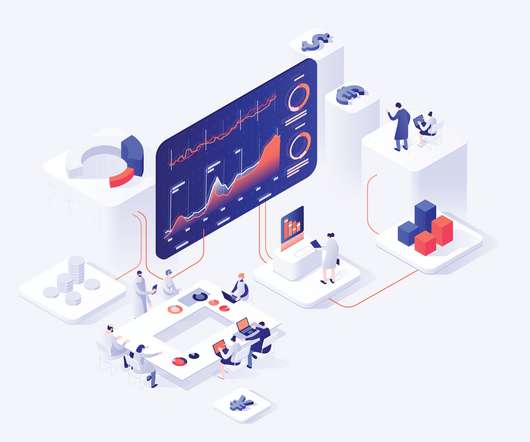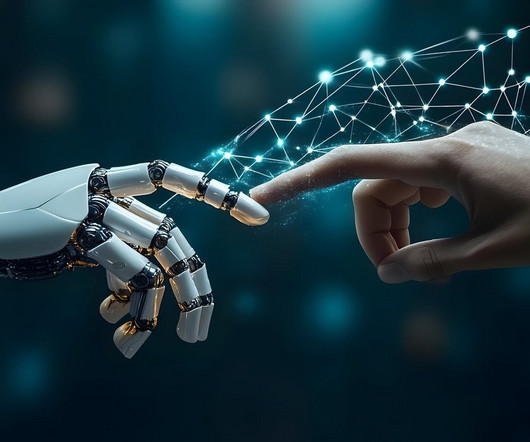Data Technology Trends That Will Reshape the Future of Accounting
Smart Data Collective
DECEMBER 9, 2021
That figure is projected to grow to $14 billion by 2026. A number of new trends in big data are affecting the direction of the accounting sector. Big Data is Leading to Monumental Changes in Accounting. A lot of recent technology, such as cloud computing, automation, and SEO , are already in practice.












Let's personalize your content